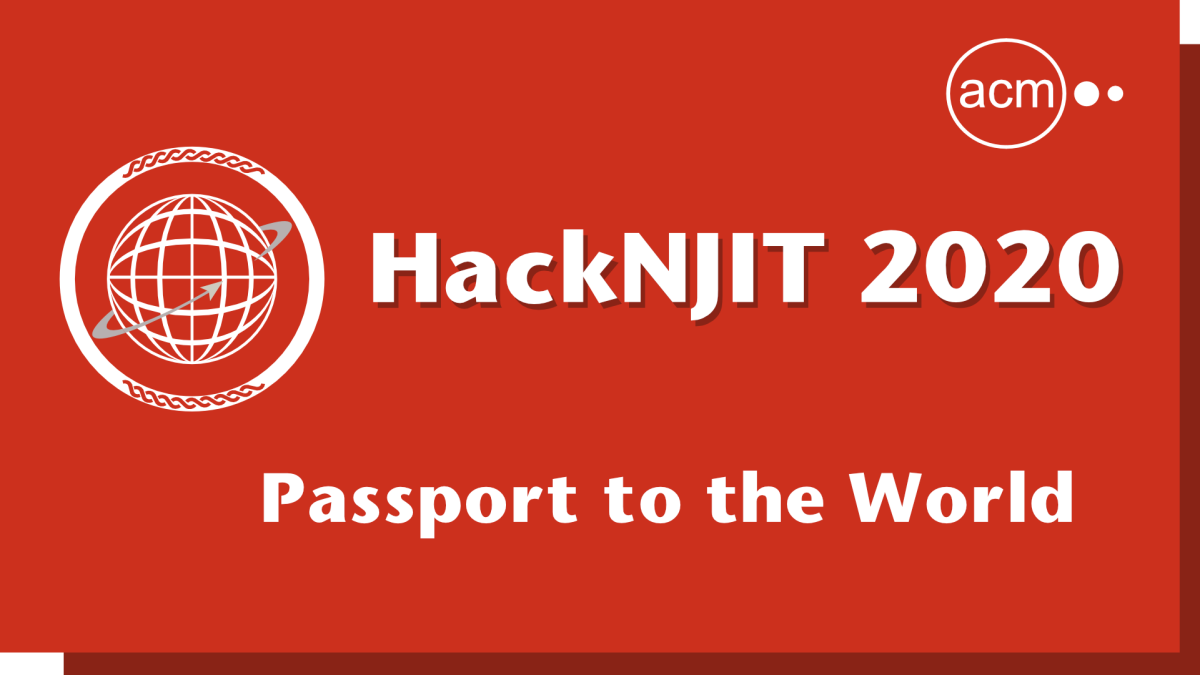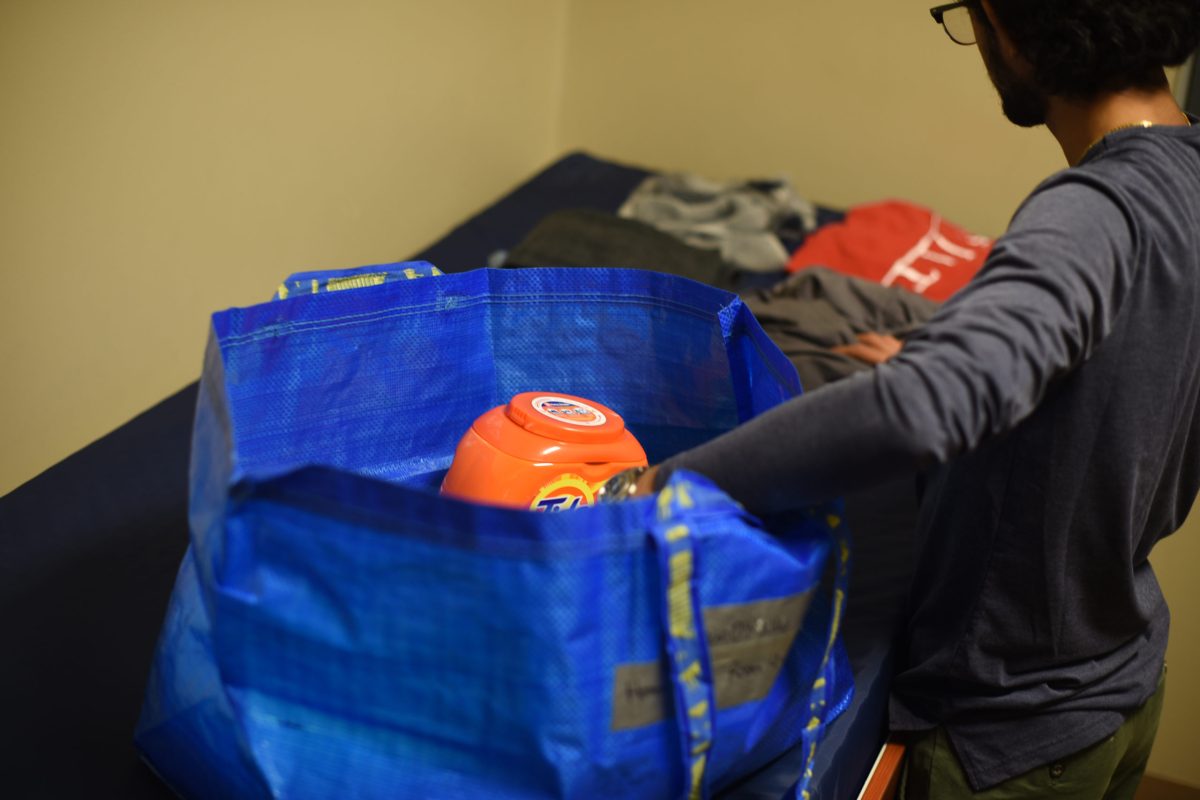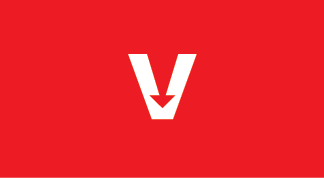Nearly 3.3 billion pages are printed per year by the three printers located in NJIT’s Van Houten Library, one of five public areas where students can print on campus. The other locations are the Littman Library, Student Mall, Learning Center, and Guttenberg Information Technologies Center (GITC), whose print volumes range between about 100,000 to 400,000 pages per year.
NJIT’s incredibly high printing volume can be explained by its unique policy of unlimited printing offered to students. Most universities, including neighboring Rutgers University – Newark, implement a quota or credit system. NJIT now seeks to shift its unlimited printing policy towards a quota system to ensure the availability and reliability of printing services for students, while curbing the abuse currently seen. As explained by Mr. Blake Haggerty, NJIT Executive Director for the Department of Digital Learning and Support, “For the fall of 2017, almost 8,000 students printed at least one page from the public computing labs, but one student alone printed nearly 8,000 pages.”
Although the abuse of printing services is limited to a minority of students, their effect on the total print volume is staggering. For example, the top ten students who printed the most totaled 56,781 pages in the fall semester. Moreover, 13 students printed more than 4000 pages, 34 students printed more than 3000 pages, and 106 students printed more than 2000 pages.
However, when compared to the total number of students who printed material in the fall 2017 semester, only 1% of students printed greater than 2000 pages. Furthermore, only 6% of students printed over 1000 pages. In fact, if the extreme outliers are removed, the average number of pages printed per semester per student is only 300 pages. Therefore, NJIT Information Services and Technology (IST) is seeking to change the printer policy, eliminating unlimited printing in favor of a quota system that will satisfy the printing needs of most students while minimizing abuse of printing privileges.
In addition to curbing printing abuse to promote higher printer reliability and durability, the quota system is being considered to expand student access to color printers. While black and white printing is available in all the public computing labs, color printing is extremely limited, and students have expressed desire for more color printing options. Under the current unlimited printing policy, Mr. Haggerty notes, “Color printing tends to be 8 to 10 times as expensive. If cost is not an option, most students will print everything in color. We cannot introduce color [printing] without a way to keep the costs from increasing tenfold.”
Establishing a quota system would expand student access to color printing without skyrocketing costs, as color printing would require a greater number of credits than black and white printing. For example, under the quota system, students would begin the semester with ‘x’ credits. Credits could be applied toward black and white or color printing. For example, while a black and white page would cost one credit, a color page would cost more credits, although the exact number is yet to be determined. IST has reached out to Student Senate for feedback to help establish the starting number of credits students would receive. The goal of the quota system, as stressed by both IST and Student Senate, is to set a quota that meets the needs of the majority of students. Possible quota limits that are being considered range from 1000 to 2000 credits per student per semester. A 1000 credit quota would meet the printing needs of 94% of students, while a 1500 credit quota and a 2000 credit quota would meet the printing needs of 97% and 99% of students, respectively. Therefore, the shift in printing policy toward a quota system is not intended to serve as an obstacle to the printing needs of most students.
An official plan has yet to be confirmed, and Student Senate is in the process of acquiring student input prior to the policy changes expected rollout in Fall 2018. Student Senate’s Vice President of Student Affairs, Yasmine Elfarra, expects students will receive a survey through email this semester, or a public office hour survey at the beginning of next semester, requesting students’ input.










































